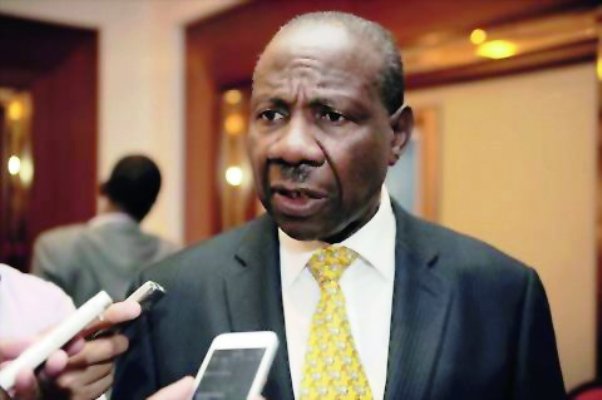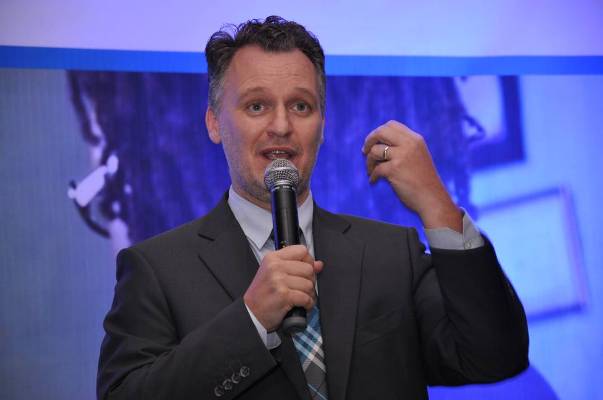Economists, financial experts and key private sector players have punched holes in the Shs40.48 trillion 2019/20 National Budget, describing it as a disconnection from ordinary people as the East African country aims to achieve a lower middle income status.
While exchanging views at the post budget dialogue organized by the,
EY Global Ltd, a UK company limited by Guarantee at Serena Hotel on
Friday, experts noted that while the budget emphasized government commitment to promote industrialization and skills development which is intended to lead to job creation and shared prosperity among Ugandans, huge challenges await as 70% of Ugandan Households remain engaged in the subsistence farming and income inequality continues to widen between the rural and urban populations.
“Everywhere we have invested (in the prior budgets), we have not picked desired results; government has invested in the social services but they are the worst performing. The budget is completely disconnected from the people,” said Dr. Fred Muhumuza, an analyst and Economics lecturer at Makerere University.
Muhumuza added that Small and Medium Enterprises (SMEs) are key players in Uganda’s economy, but many can’t afford to borrow due to high interest rates.
According to the experts, the major challenges Uganda is facing are low agricultural sector growth, declining private sector competitiveness, and inadequate or unskilled labor among others.
In the Uganda National 2019/20 Budget, SMEs were allocated Shs40bn while youth livelihood programme and women were allocated Shs162bn.
Gideon Badagawa, the Executive Director at Private Sector Foundation
Uganda (PSFU) said that the budget is designed to take away from the private sector but does not help the private sector.
“About 50% of my salary goes to Pay As You Earn, an ordinary private business is at more risk to borrow from the commercial banks. We should go down to the drawing board, we are putting money to the non-tradables yet the institutions that are supposed to be working for the people are returning money [unused],” Badagawa said.
Airtel Uganda Managing Director VG Somasekhar also called for more support to the SME sector, noting that opportunities for growth through ICT should be harnessed.
“Telecoms pay as much as 50% of their incomes in a country where internet is as low as 25%,” he said, adding that taxes on internet are failing the ICT sector to create more jobs.
By Aloysious Kasoma





